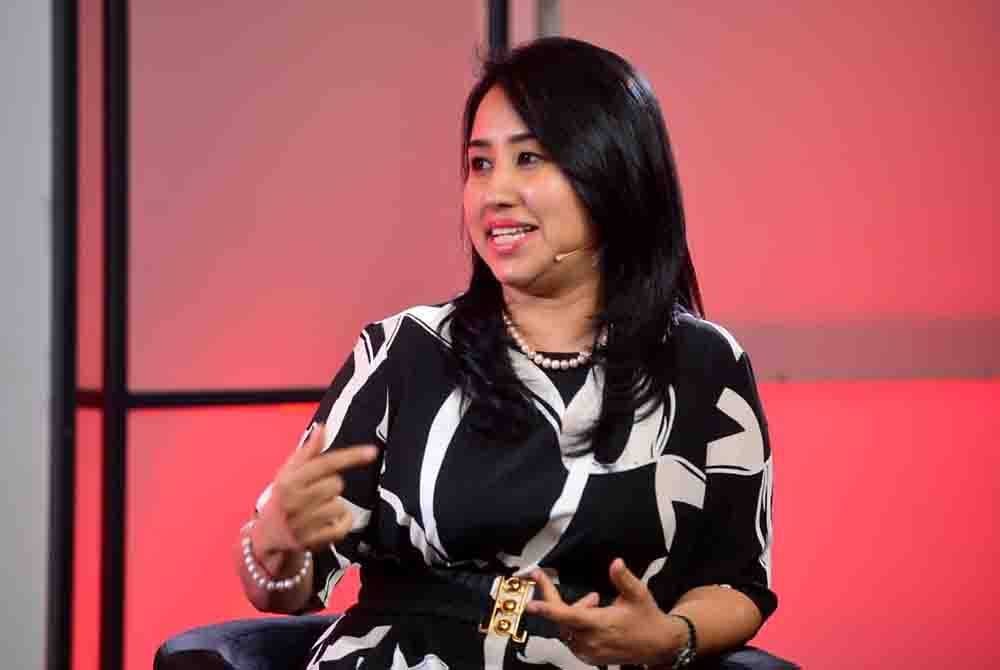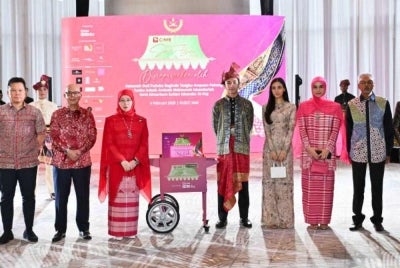Subsidy removal: Malaysia needs ‘reality check’ – Activist
Malaysia is burdened with significant debts and subsidy liabilities with an uncertain economy.

SHAH ALAM - A community activist has emphasised the need for Malaysia and its people to undergo a 'reality check' in light of the controversial possibility of subsidy elimination.
In the complex landscape of Malaysia's economic challenges, the government is poised to implement controversial subsidy eliminations amid concerns of a deteriorating economy.
This move comes against a backdrop of rising dissatisfaction among Malaysians, who questioned why they should bear the brunt of government mismanagement during these difficult times.
As the cost of living escalates and economic stability remains elusive for many, tensions are running high, highlighting the urgent need for nuanced solutions that address both economic realities and public concerns.
In an interview with Sinar Daily, community activist Liyana Marzuki shed light on her recent podcast session with the 'Jangan Pajak Otak' to provide accurate information to the public on issues related to public interest.
“Recently, there was news from Bloomberg about the potential elimination of subsidies in Malaysia, possibly in June. Recognising the importance of obtaining authoritative insights, we invited Nurhisyam Hussein, the economic advisor to PMX (Datuk Seri Anwar Ibrahim), to shed light on this matter.
“During the interview, there was a significant revelation regarding the potential increase in fuel prices; from the current RM2.05 per litre to RM3.50, representing a substantial RM1.45 increase.
“This jump raises concerns, particularly considering the impact of subsidy removal in neighbouring countries like Indonesia, where riots occurred in 2016.
“To address these concerns, Nurhisyam explained that the government plans to implement the subsidy rationalisation progressively over time, possibly with incremental increases every six months to mitigate the immediate impact on the public.
“This approach aims to reassure the public and prevent any adverse reactions by ensuring a clear understanding of the government's strategy,” she noted.
Liyana also said that she had been discussing the removal of subsidies since last year and her perspective on this matter was influenced by the country's staggering debt, which was now nearly 65 per cent of Gross domestic product (GDP), amounting to approximately RM1.7 trillion; the highest in Malaysia’s history.
“When considering this issue, I always think about future generations and reflect on examples like Sri Lanka and Venezuela.
“Venezuela, once a wealthy nation with abundant oil reserves, faced economic collapse due to prolonged subsidy maintenance and a ‘cash is king’ mentality since the 90s. Learning from such examples, I believe that addressing the subsidy issue is timely and critical,” she added.
Liyana also stated that previous attempts by the Barisan Nasional (BN) government were clouded by corruption issues like (1Malaysia Development Berhad) 1MDB, which undermined public trust in subsidy removal efforts.
“Now, this new and current government that so far has not shown any signs of integrity issues, the timing is right for subsidy rationalisation.
“This government, if they truly are committed to their reform promises, is best positioned to execute this necessary measure for our economic sustainability,” she stressed.
Liyana also said that she did not anticipate receiving the subsidy if it was removed, given that she and many others fall within the M40 middle-class category.
“It is likely that cash transfers, if implemented, would target the B40 and below, covering 60 per cent of the population.
“However, it is crucial to grasp the economic reality facing our country after 65 years of independence; we are no longer economically prosperous,” she noted.
Liyana stressed that Malaysia was burdened with significant debts and subsidy liabilities with an uncertain economy.
“Comparing ourselves to neighbouring countries, Malaysia currently has one of the lowest fuel prices after Brunei. In Indonesia, where salaries are lower than ours, fuel prices are higher.
“Yet, we must acknowledge that times have changed, and we cannot expect the past to mirror the present. To convey this reality to the public, especially those who may not benefit from subsidies, we need a ‘reality check’.
“It is essential to recognise this reality and not selfishly cling to subsidies, as failing to address our economic challenges could jeopardise the future for our children and grandchildren, as seen in countries like Venezuela and Sri Lanka,” she emphasised.
Download Sinar Daily application.Click Here!















